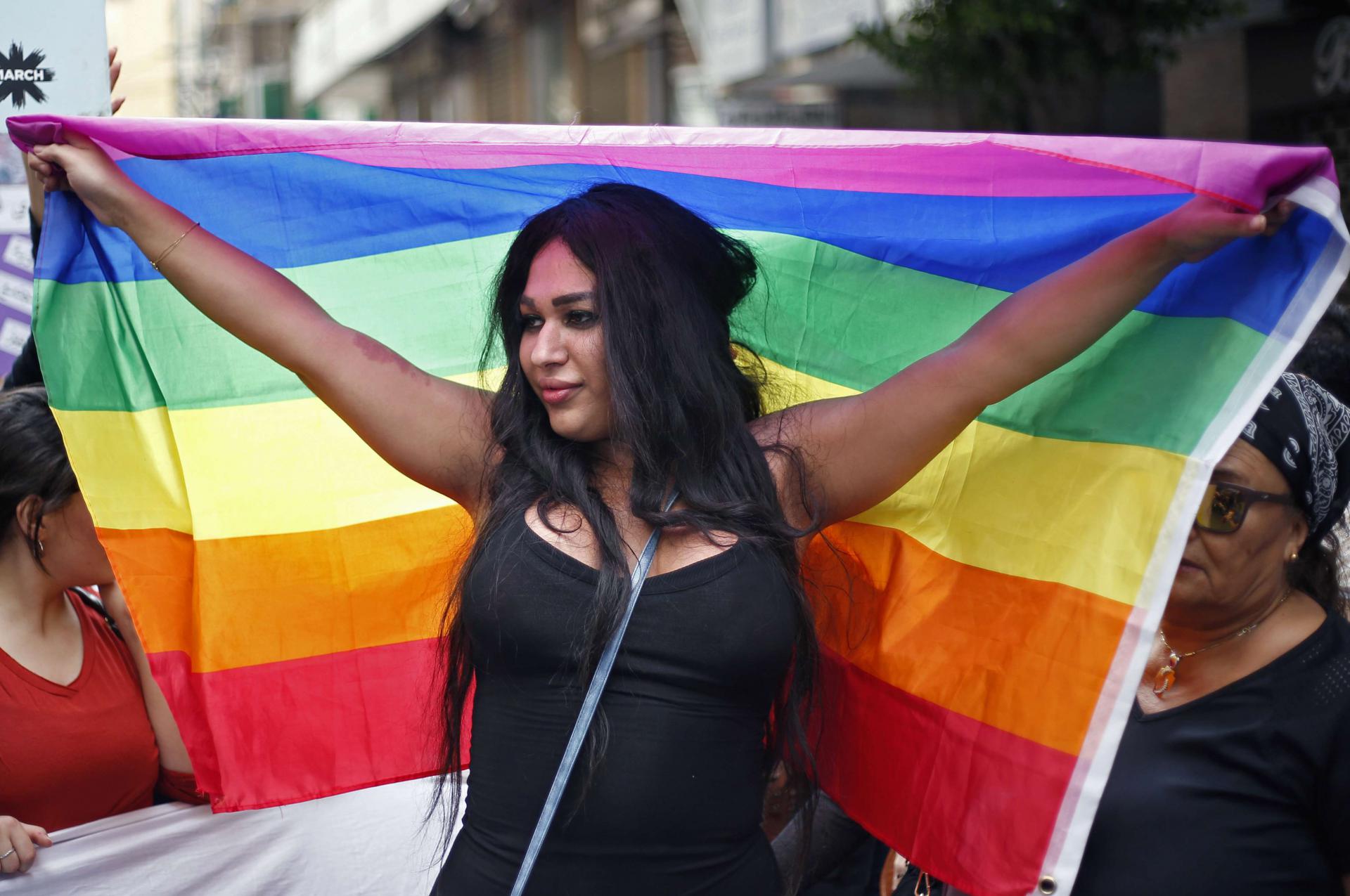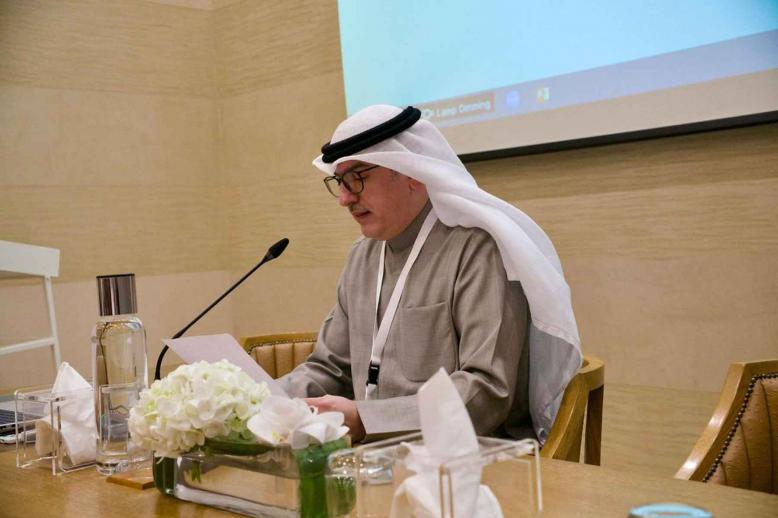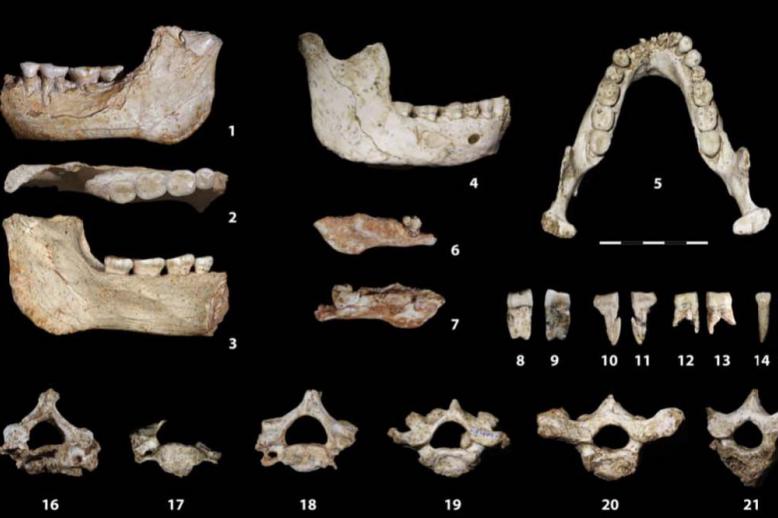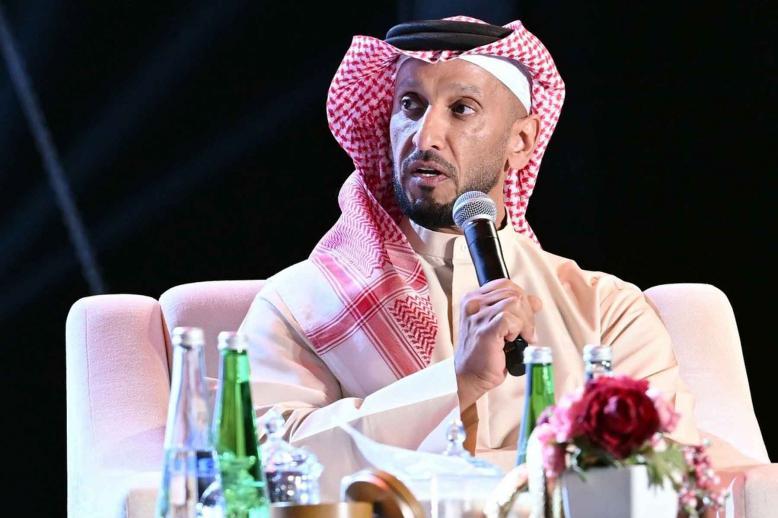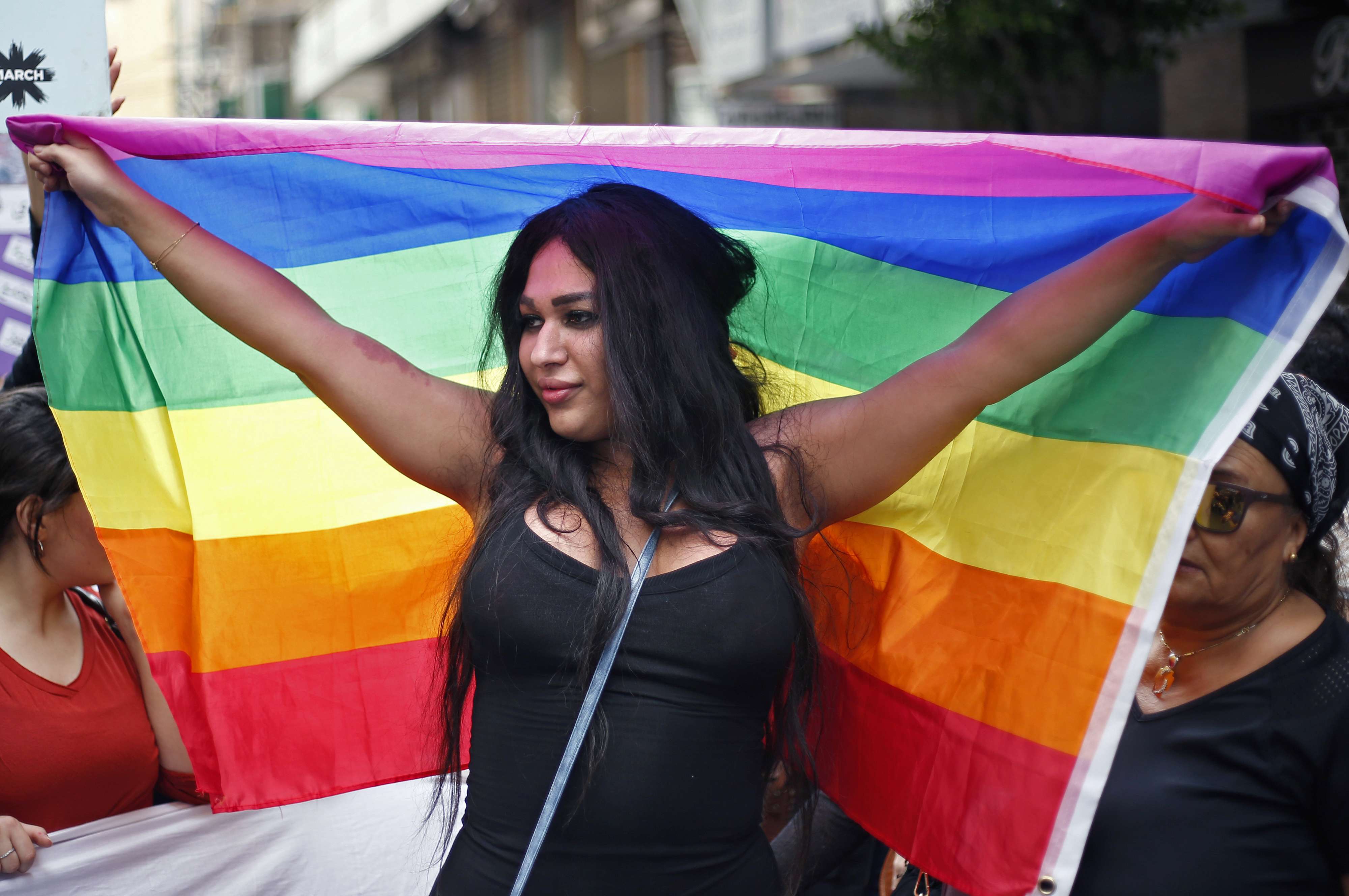For LGBT in Arab countries, ‘change is painstakingly slow’
BEIRUT - They suffer from arbitrary arrests and ill-treatment, forced anal examinations, violence by state and non-state actors, family rejection, social stigma and extrajudicial killings in extreme cases.
Though the conditions of the lesbian, gay, bisexual and transgender (LGBT) communities in the Middle East and North Africa is perceived to be among the worst worldwide, there are increasingly more movements supporting LGBT rights in the region and advocating their cause openly, said Human Rights Watch (HRW) and the Arab Foundation for Freedoms and Equality (AFE).
“All countries in the region criminalise LGBT people for debauchery, depravation and violation of public ethics,” said Ahmed Benchemsi, HRW’s advocacy and communications director in MENA. “(LGBT) people are punished because of personal feelings that they did not choose and they cannot change. They are considered as criminals just because they exist.”
“The problem in the Arab region exists not only in the laws but social stigma in the name of religion and customs is also a huge challenge which forces many to secrecy and disguise,” Benchemsi said.
He stressed, however, that there is always “a way out” of this impasse. “Activists are contributing to the change by building awareness in social media and the arts, developing regional networks and challenging repressive laws,” he said.
Despite formidable obstacles, activism in support of LGBT rights in the region has been rising. From four associations advocating sexual freedom in 2009, there are more than 20 such movements across the Arab world today.
A joint HRW-AFE report and videos of LGBT people and activists from the region speaking openly about their suffering and challenges were unveiled in April in Beirut.
“We don’t want the image anymore of just being victims,” Zoheir, a gay activist from Algeria, said in the HRW-AFE report. “We want to speak about reality, speak about violence, but also to [show what is] positive.”
“I am a human like everyone else, and I have rights. I will defend those rights,” said Ahmed, a gay man from Libya.
Laws across the region are far from uniform, however, in most countries, same-sex acts between consenting adults in private are treated as criminal offences.
In Algeria, Morocco, Oman, Tunisia, Yemen and the Palestinian territories, laws explicitly prohibit same-sex acts. Kuwait and Sudan prohibit consensual sex between men or sodomy. Lebanon, Syria and the United Arab Emirates prohibit vaguely defined “unnatural” sex. Egypt, Saudi Arabia, Jordan and Bahrain prohibit “indecent” or “immoral” conduct, provisions that have been widely used against LGBT people.
Aida Khemiri, an activist with Tunisia’s “Mawjoudin” (“We Exist”) movement argues that Article 230 of the Tunisian Penal Code, which criminalises sexual relations between people of the same sex “is totally unconstitutional.”
“It is based on gender and sexual discrimination; it violates the privacy of individuals, and its implementation, namely the use of forced anal examination, is an act of torture and offence of human dignity. They contradict the constitution that provides for equality among citizens, respect of privacy and human dignity, and prohibition of torture,” said Khemiri, a member of the panel organised in parallel of the launching event.
She said Mawjoudin, which had the first film festival celebrating the LGBT community in Tunisia in January, is seeking to abrogate Article 230, through enlisting the support of parliament members and conducting public awareness campaigns.
In Jordan, there is no specific law criminalising LGBT people but the social stigma is even more repressive.
“We don’t have a law but we have a culture that is strongly opposed to liberties such as women’s freedoms and premarital sex,” said Jordanian activist and theatre performer Shereen Zoumot, who uses art to raise awareness about sexual orientation and gender identity.
“I believe that theatre and art, in general, is the best way to address this culture. It is more lenient and friendly than protests and demonstrations because it affects the heart, stirs emotions and induces compassion and empathy. It is also more conducive to dialogue and brings up topics, that people are actually afraid to talk about, in an artistic and aesthetic way,” Zoumot said.
In Zoumot’s community theatre, performers are not professional actors, but people suffering from stigma. “It is about people’s stories. It dramatises them. It is a cathartic process as well. That’s why I believe that art, theatre and activism work together hand in hand very well,” she said.
In Lebanon and Tunisia forced anal examinations were ended following pressure from local and international activists. Certain Lebanese judges rejected an interpretation of “unnatural offences” as including same-gender sexual relations.
“There is no automatic pursuing of LGBTQ people by police in Lebanon but if they (LGBT) are harassed or attacked they are afraid to report to police because there is a law that criminalises them,” said Mahdy Charafeddin, AFE’s associate director and former member of Helem, the first LGBT advocacy group in Lebanon and the Arab world.
“The situation is very difficult. Change is painstakingly slow but it is happening. Human rights should be respected without discrimination regardless of religion, sex or sexual conduct,” Charafeddin added.
This article was originally published in The Arab Weekly.


